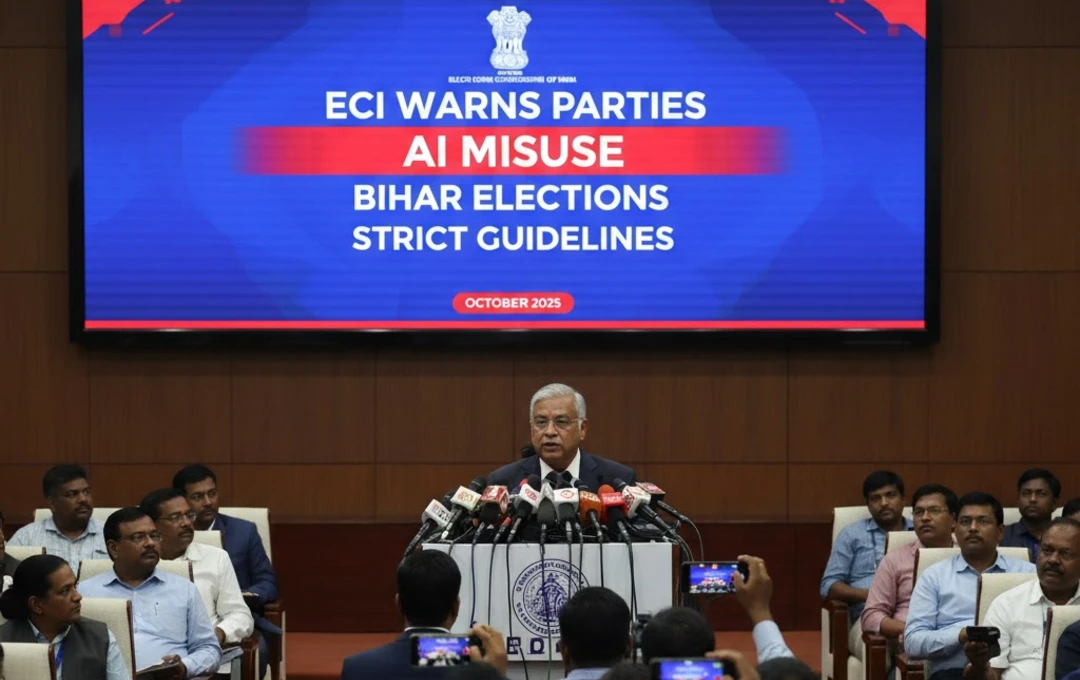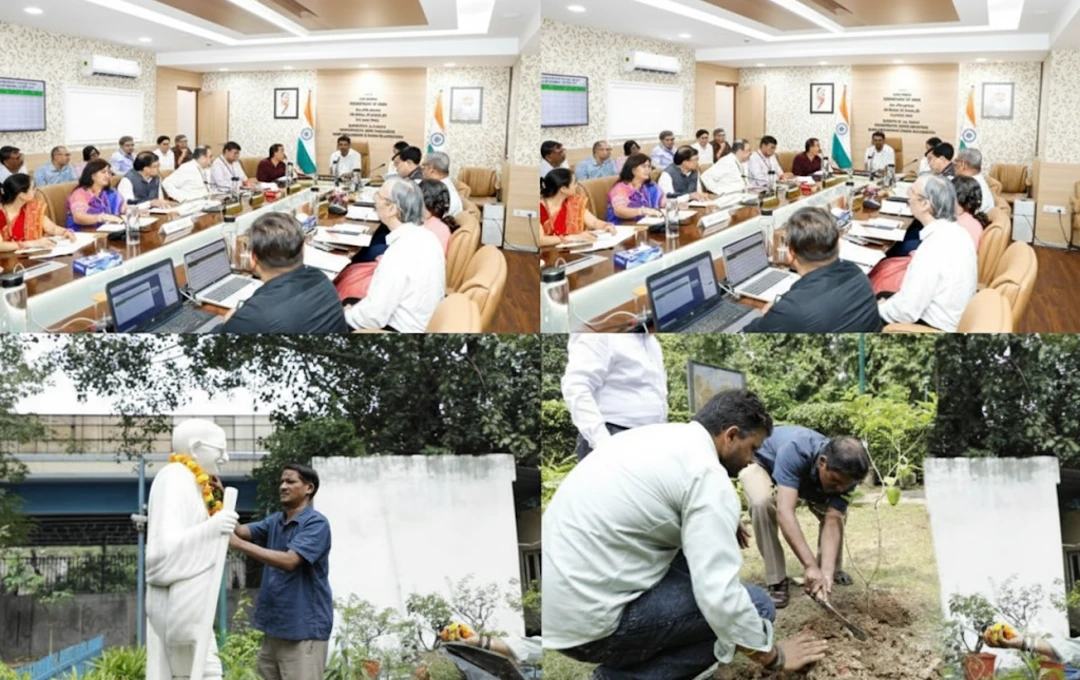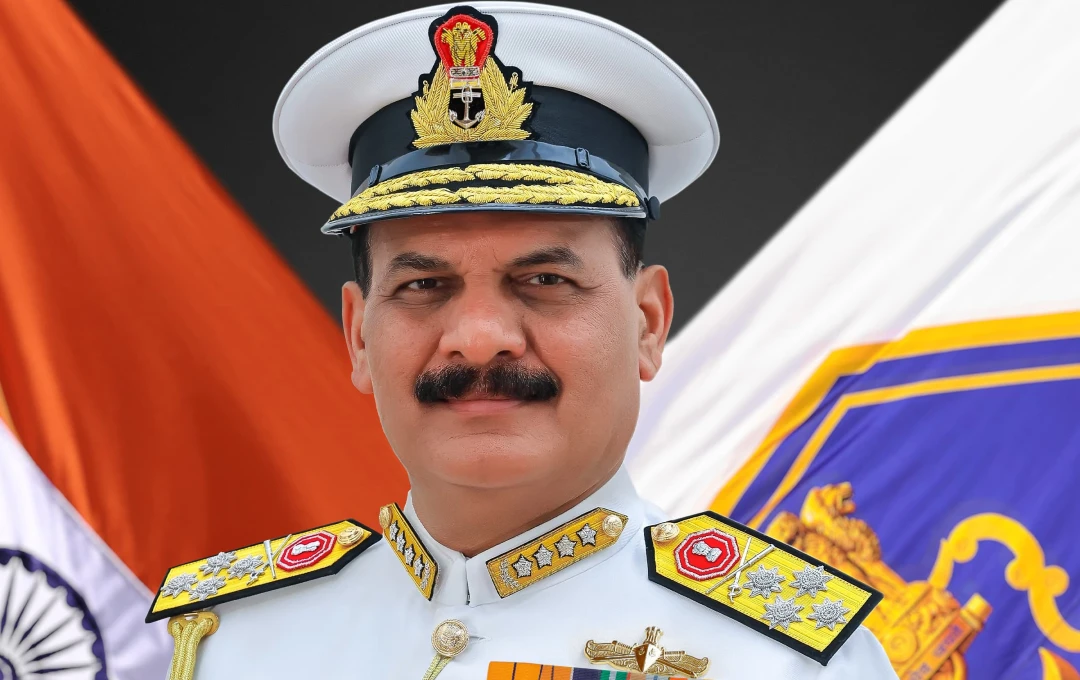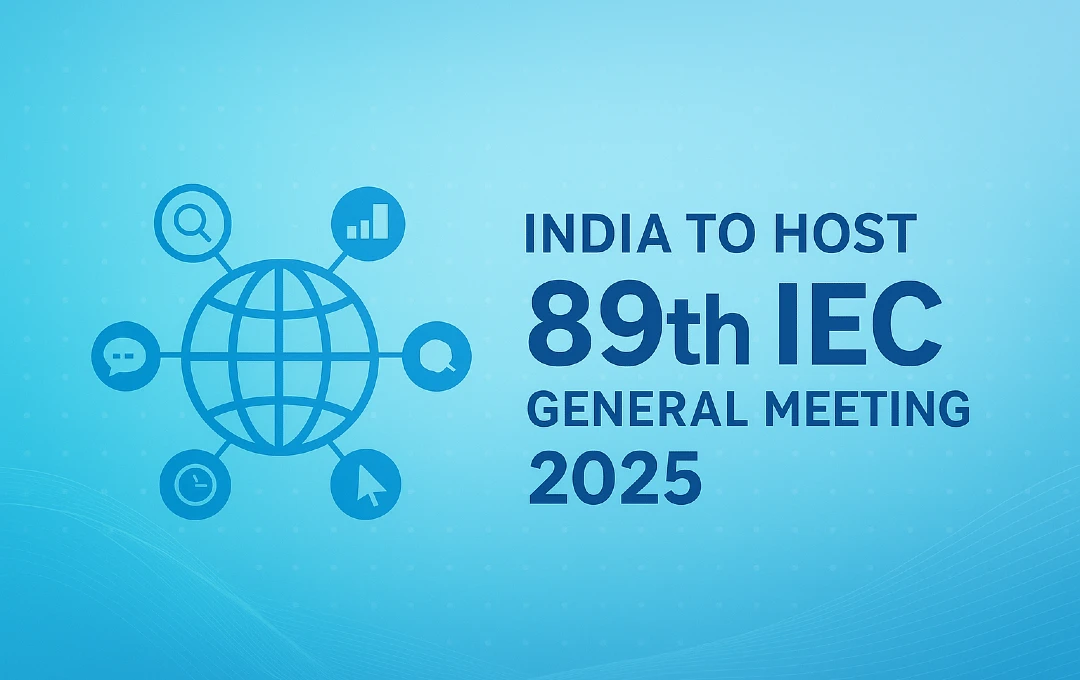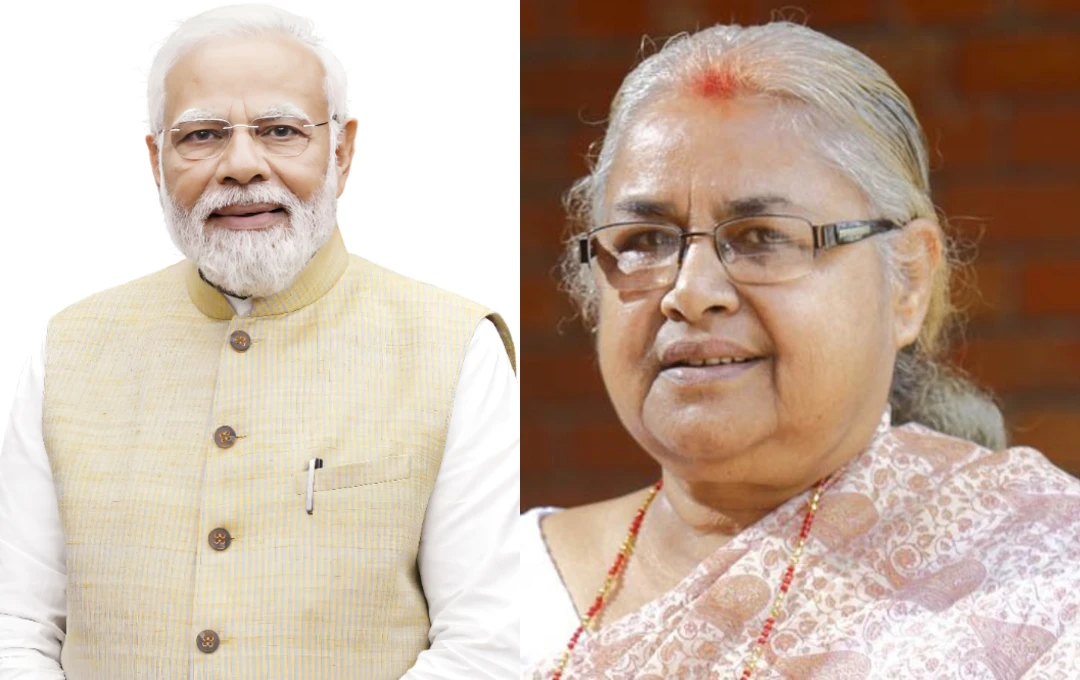BRICS Rio Summit 2025: A Pivotal Step Toward Strengthening Global South Cooperation
BRICS Summit 2025 expands Global South ties, welcomes new members, and launches key initiatives on climate finance, AI governance, and health equity.
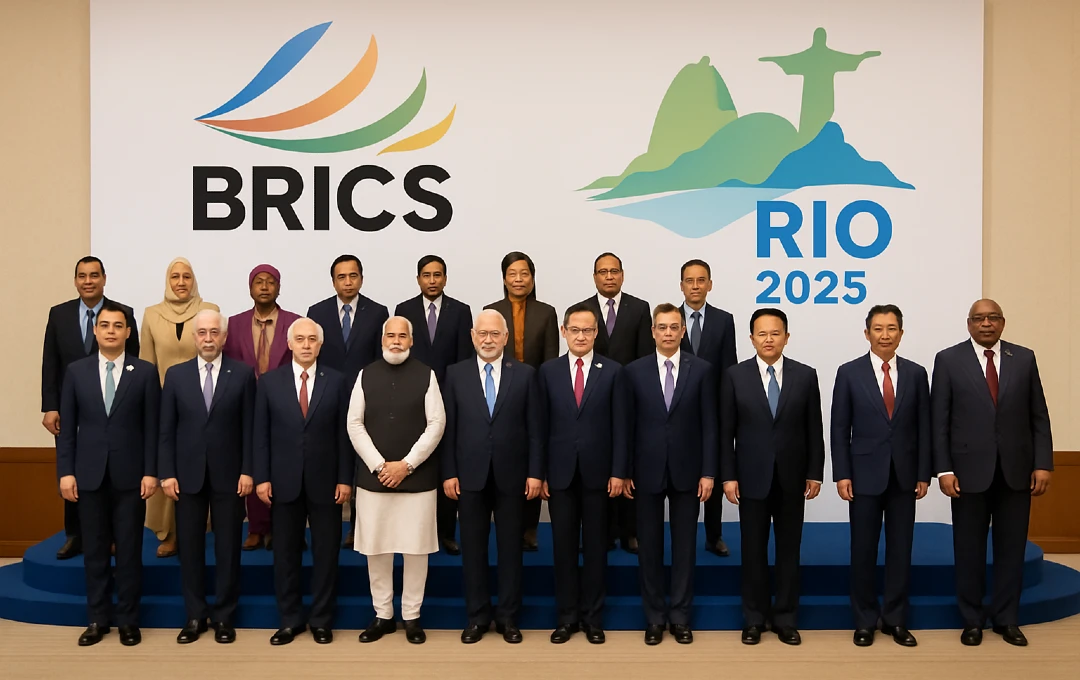
The XVII BRICS Summit, held in Rio de Janeiro, Brazil, from July 6 to 7, 2025, concluded with the adoption of the Rio de Janeiro Declaration: Strengthening Global South Cooperation for a More Inclusive and Sustainable Governance. This year's summit marked a significant milestone in the evolution of the BRICS grouping, both in terms of its expanded membership and its renewed focus on inclusive global governance.
Under the theme "Strengthening Global South Cooperation for a More Inclusive and Sustainable Governance," leaders from BRICS countries-Brazil, Russia, India, China, South Africa-alongside new members and partner countries, reaffirmed their shared commitment to the principles of mutual respect, sovereign equality, democracy, and cooperation.
Expanding the BRICS Family
A major highlight of the summit was the formal inclusion of the Republic of Indonesia as a new BRICS member. Additionally, the summit welcomed eleven new BRICS partner countries:
-
Republic of Belarus
-
Plurinational State of Bolivia
-
Republic of Kazakhstan
-
Republic of Cuba
-
Federal Republic of Nigeria
-
Malaysia
-
Kingdom of Thailand
-
Socialist Republic of Vietnam
-
Republic of Uganda
-
Republic of Uzbekistan
This expansion reflects a conscious shift towards strengthening representation from the Global South and addressing longstanding imbalances in international institutions.
Driving Global Change Through New Initiatives
The Rio Declaration was accompanied by several critical deliverables that highlight BRICS' evolving role in shaping a more equitable world order:
-
BRICS Leaders' Framework Declaration on Climate Finance:
Recognizing the urgency of climate action, this framework seeks to enhance financial support for climate adaptation and mitigation, especially for developing countries. It reasserts the responsibility of developed nations in providing predictable and adequate climate finance under the principle of common but differentiated responsibilities. -
BRICS Leaders' Statement on the Global Governance of Artificial Intelligence:
With AI becoming a transformative force globally, this joint statement underscores the importance of inclusive, transparent, and ethical governance mechanisms. The statement emphasizes AI development that upholds human rights, avoids digital colonialism, and promotes technological equity. -
BRICS Partnership for the Elimination of Socially Determined Diseases:
Addressing health inequities, this initiative aims to tackle diseases driven by social determinants such as poverty, malnutrition, and inadequate healthcare access. The partnership envisions coordinated efforts to build resilient health systems, particularly across low- and middle-income countries.
A Call for a Reformed Multilateral Order
The declaration strongly emphasizes the BRICS commitment to a more representative, fair, and inclusive global governance architecture. Leaders called for comprehensive reforms in international institutions, including the United Nations and international financial bodies, to better reflect the contemporary realities and aspirations of the Global South.
India's Role and Vision
India, a founding member of BRICS, played a proactive role in shaping the agenda of this year's summit. Prime Minister Narendra Modi emphasized the need for "technology-driven development, equitable climate finance, and a strong multilateral system that voices the concerns of the developing world." India's digital public infrastructure model and its strides in renewable energy were highlighted as examples of scalable South-South cooperation.
Looking Ahead
As the BRICS group enters its eighteenth year, the Rio Summit represents a turning point. The expansion of its membership and the launch of meaningful initiatives demonstrate a shift from rhetoric to action-one that seeks to uplift marginalized voices in global affairs.
By embracing unity in diversity and focusing on shared developmental challenges, the BRICS nations and their partners are charting a new course toward global inclusivity, sustainability, and cooperation. The Rio Declaration serves not only as a commitment but also as a call to action-for a world where prosperity is shared, governance is just, and development is inclusive.
